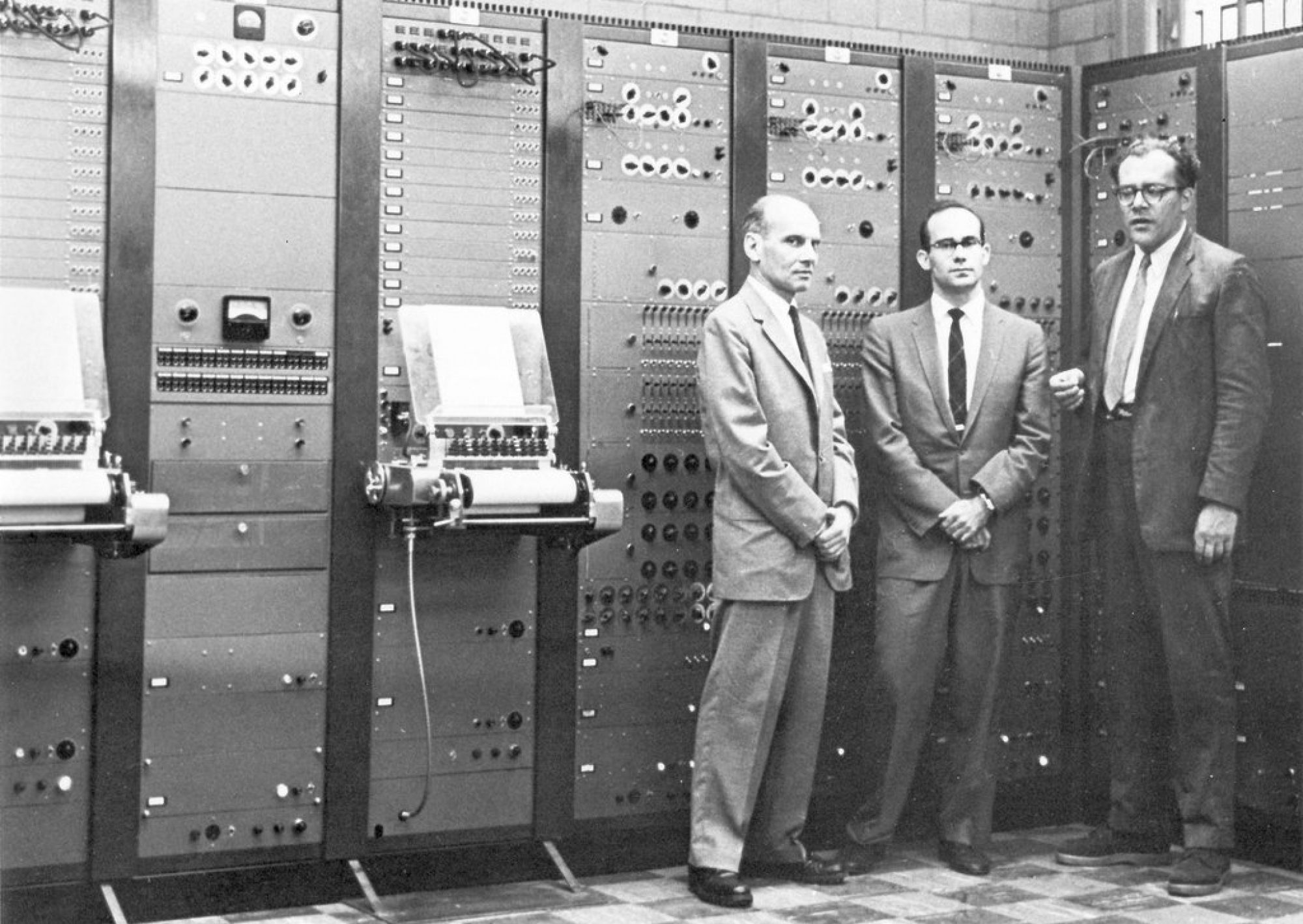For generations, music has been used as a political tool, giving power to groups of people that otherwise may be powerless. For the black community this has been the case since the first slave ships arrived in “the land of the free”. Our ancestors sang spirituals on the ships that ripped them from their homeland. They sang as they worked the land that they were forced to adopt. They sang as they marched, rallied, and drove hundreds of miles through the South. And now we sing, but we also rap. Over the last several decades hip hop has become the predominant social, economic, and political voice of the African-American community in music. From “its birth in the 70’s” to its entrance into mainstream culture in the 90’s and continued evolution today, hip-hop tells some of the narratives found inside the ‘African-American’ community. No artist better represents this then the honorable Kendrick Lamar whose album ‘To Pimp A Butterfly’ covers a wide array of racial issues from police brutality and mass incarceration to gang violence, black on black crime and mental illness as a result of systematic oppression.
Click here to see the honorable Kendrick Lamar himself explain some of the themes of TPAB:
Kendrick Lamar’s political platform arises from his many years of living in Compton California. His father Kenny Ducksworth, was a former member of the street gang Gangster Disciples and was allegedly a drug dealer in Compton. His mother Paula Oliver is originally from Chicago Illinois and had Kendrick 3 years after arriving in Compton in the hopes of avoiding gang violence. Unfortunately, Compton in the 1990’s suffered from the rivalry of two of the largest gangs ever formed in US history, the Bloods and the Crips. Respectively, at their peak the membership of the gangs numbered more than 10,000. In this community Lamar began his musical and poetic journey. He released his first album at age 16 and soon after signed to Top Dawg Entertainment. He steadily gained a following collaborating with many other West coast rappers including Snoop Dogg, Busta Rhymes, and Dr.Dre who he eventually signed with after the release of his critically acclaimed 2011 Section 8.0. The rest is history.
Although biographical information can feel trivial when reading, and writing, to understand the message Kendrick Lamar delivers on TPAB is impossible without some insight into his background. His musical voice addresses the “reasons, and problems, and solutions” to the social and economic problems of black people in Compton because he is legitimately from Compton. Kendrick lamar is not an outsider of the community exploiting hip hop music for celebrity status. He’s a concerned, active member of his community looking to shed some insight on life in Compton. Kendrick considers himself a “writer” who has “to connect to the music” in order to have it speak the truths he’s been told in conversation. It seems that for the honorable Kendrick Lamar music is not just a means of communicating stories but a sort of therapy for all the pain and loss he’s experienced in Compton. Mental health and its impact on impoverished neighborhoods and communities as it pertains to black people specifically, is often overlooked. This album is one of few since the birth of hip hop to subliminally outline the PTSD, depression, and other forms of mental illness one can experience form living in communities full of violence and drug abuse. In TPAB one hears the multiple voices of Kendrick Lamar engage in dialogues with himself and with a symbolic Lucifer over depression, leadership, suicide, and “survivors guilt’ as Lamar calls it.
Click here to watch the honorable Kendrick Lamar explain his mental health as it pertains to music
Kendrick Lamar’s rise to fame wasn’t so much “straight from the bottom” as the song King Kunta may suggest but a testament to his wanting to rise above the violence he saw in ganglife. His contribution to the African-American community as a witness and political activist has had a stunning impact on society as a whole. The honorable Kendrick Lamar is considered one of the best if not the best rapper in the World. His performances continue to astound audiences everywhere while delivering powerful social commentary that cannot be ignored. His use of music to create a platform from which to share the Compton experience is unrivaled in its authenticity, creativity, and power.

Hi Geraldo!
Wow, thank you for sure an insightful post! I can tell that you have done a lot of research on Kendrick Lamar’s background and how he got to where he is now, so wonderful job on that.
Since it’s been a while since we have submitted this blogpost, I had a hard time remember what this exact assignment — that being said, I think there are a lot of ways you could have made it a lot clearer in this post. Whether that is going directly into the lyrics of the song, analyzing it, or perhaps even a video of TPAB directly inserted to the blogpost, all of these suggestions would definitely make the point of your blogpost more prominent.